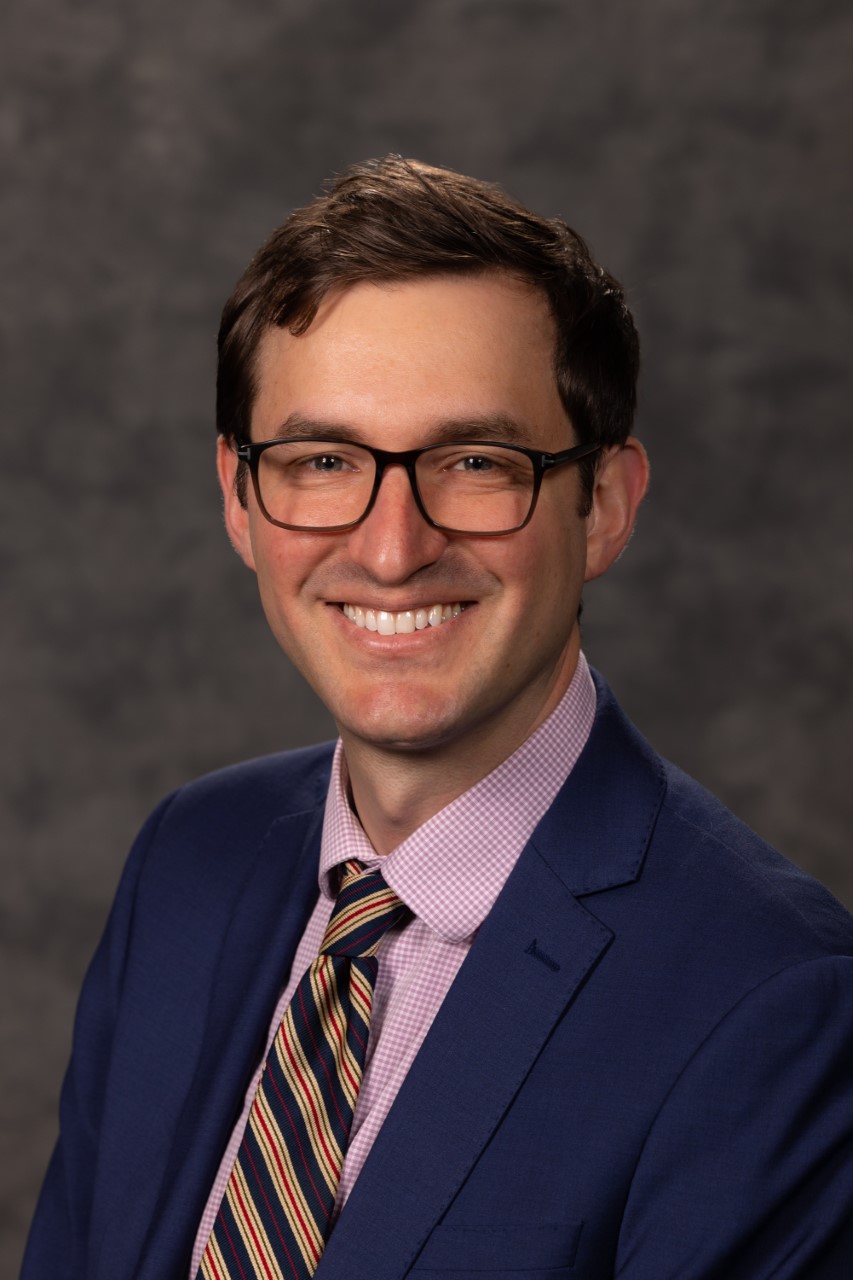
Live - Salivary Gland Cytopathology
This activity is part of the 2024-2025 Cyto-econference Series. Registration to the series is required to obtain the access code. You can register for the series by clicking the link below.
Daniel Lubin, MD |
Fine-needle aspiration (FNA) represents an important step in the diagnosis of salivary gland masses at institutions worldwide. Salivary gland FNA is reliable at distinguishing neoplastic from non-neoplastic conditions, which may determine the need for surgical management. Still, there has historically been poor interobserver agreement (IOA) in the further classification of cases, particularly indeterminate ones. There is an increased need for familiarity with the various Milan subcategories to improve diagnostic accuracy and reproducibility. This webinar will discuss the algorithmic approach that divides neoplasms into various specific morphologic categories by tumor cytology, matrix type, and background characteristics to arrive at a) specific Milan category, b) produce a specific differential diagnosis, and c) guide ancillary testing if necessary.
Target Audience
This educational activity is designed for pathologists, cytopathologists, cytotechnologists, students and other members of the cytopathology community.
Learning Objectives
- Describe the various Milan categories and their associated risk of malignancy
- Distinguish between the indeterminate salivary gland FNA morphologic subcategories, including: pleomorphic basaloid neoplasm, monomorphic basaloid neoplasm with fibrillary matrix, monomorphic basaloid neoplasm with hyaline matrix, monomorphic basaloid neoplasm with mixed/other matrix, pleomorphic oncocytoid neoplasm, oncocytoid neoplasm with granular/vacuolated cytoplasm, monomorphic oncocytoid neoplasm with mucinous background, monomorphic oncocytoid neoplasm with cystic background, and monomorphic oncocytoid neoplasm with other background
- Define the risk of malignancy for each indeterminate salivary gland FNA morphologic subcategory • Identify the proper Milan category for each indeterminate salivary gland FNA morphologic subcategory
- Explain the differential diagnosis for each salivary gland FNA morphologic subcategory and the proper ancillary testing for arriving at a specific diagnosis
Presenter(s):
Daniel Lubin, MD
DISCLOSURE OF RELEVANT FINANCIAL RELATIONSHIPS
The faculty, committee members, Executive Board and staff who are in position to control the content of this activity are required to disclose to the ASC and to learners any financial relationships that have occurred within the last 24 months with ineligible companies whose primary business is producing, marketing, selling, re-selling, or distributing healthcare products used by or on patients. The ASC has reviewed the disclosures and mitigated all relevant financial relationships.
The following individuals have reported financial relationships:
Christopher J. VandenBussche MD PhD: Ad hoc advisory board panel and Consultant – Roche
The following individuals have reported no relevant financial relationships:
Susan Alperstein, MS, CT(ASCP), Kristen Atkins, MD, Catherine Bammert, PhD, CT, MB(ASCP), Christine Booth, MD, Deborah Chute, MD, Amy Clayton, MD, Jacqueline Cuda, BS, SCT(ASCP), Fang Fan, MD, PhD, Beverly Haigler-Daly, BS, CT(ASCP), Michael Henry, MD, Oscar Lin, MD, PhD, Sean McNair, MPH, CT(ASCP), Michelle Reid, MD, Sinchita Roy-Chowdhuri, MD, PhD, Momin Siddiqui, MD, FIAC, Liron Pantanowitz, MD, PhD, MHA, Michelle Reid, MD, Sinchita Roy-Chowdhuri, MD, PhD, Momin Siddiqui, MD, FIAC, Michael Thrall, MD, Vivian Weiss, MD, PhD, Donna Armylagos, BA CT(ASCP), Cheryl K. Arnott, SCT(ASCP), Bonnie Choy, MD, Saroja Devi Geetha, MBBS, Elizabeth Jacobi, MD, Jennifer B. Kernodle-Zimmer, BS, SCT(ASCP), Zaibo Li, MD, PhD, Steven Long, MD, Judy Pang, MD, Ami Patel, MD, Maria Luisa Policarpio-Nicolas, MD, Jose Victor Scarpa Carniello, MD, Sheila Segura, MD, Paul Staats, MD, Peter Wanes, MD
The ASC staff associated with the development of content for this activity reported no relevant financial relationships.
Presenters:
The presenter has no conflicts of interest or financial relationships to disclose.
Continuing Medical Education (CME) Statement
The American Society of Cytopathology is accredited by the Accreditation Council for Continuing Medical Education to provide continuing medical education for physicians. The American Society of Cytopathology designates this enduring educational activity for a maximum of 2.0 AMA PRA Category 1 Credits™. Physicians should only claim credit commensurate with the extent of their participation in the activity.
American Board of Pathology Continuing Certification (CC)
This product can help fulfill the CME requirements mandated by the American Board of Pathology Continuing Certification (CC) process. Earn up to 2.0 Credit Hours.
Continuing Medical Laboratory Education (CMLE)
The ASC designates this activity for a maximum of 2.0 Continuing Medical Laboratory Education (CMLE) credit hours for non-physicians. The CMLE credit hours meet the continuing education requirements for the ASCP Board of Registry Certification Maintenance Program. Participants should claim only the credit commensurate with the extent of their participation in the activity.
Cytotechnologists with Licenses in Florida and California
This program is approved for 2 continuing education credits in the State of Florida and 1 in the State of California. The credit on each link is good for three years from the live presentation date.
Available Credit
- 2.00 AMA PRA Category 1 Credit™
- 1.00 California Credits
- 2.00 CMLE
- 2.00 Florida Credits
- 2.00 Participant

 Facebook
Facebook X
X LinkedIn
LinkedIn Forward
Forward